Building towards success
The challenges presented by the COVID-19 pandemic to you and your family offer an opportunity to put your own growth mindset into action
- Available in:
- 中文
- English
Talk through setbacks, rather than avoid them
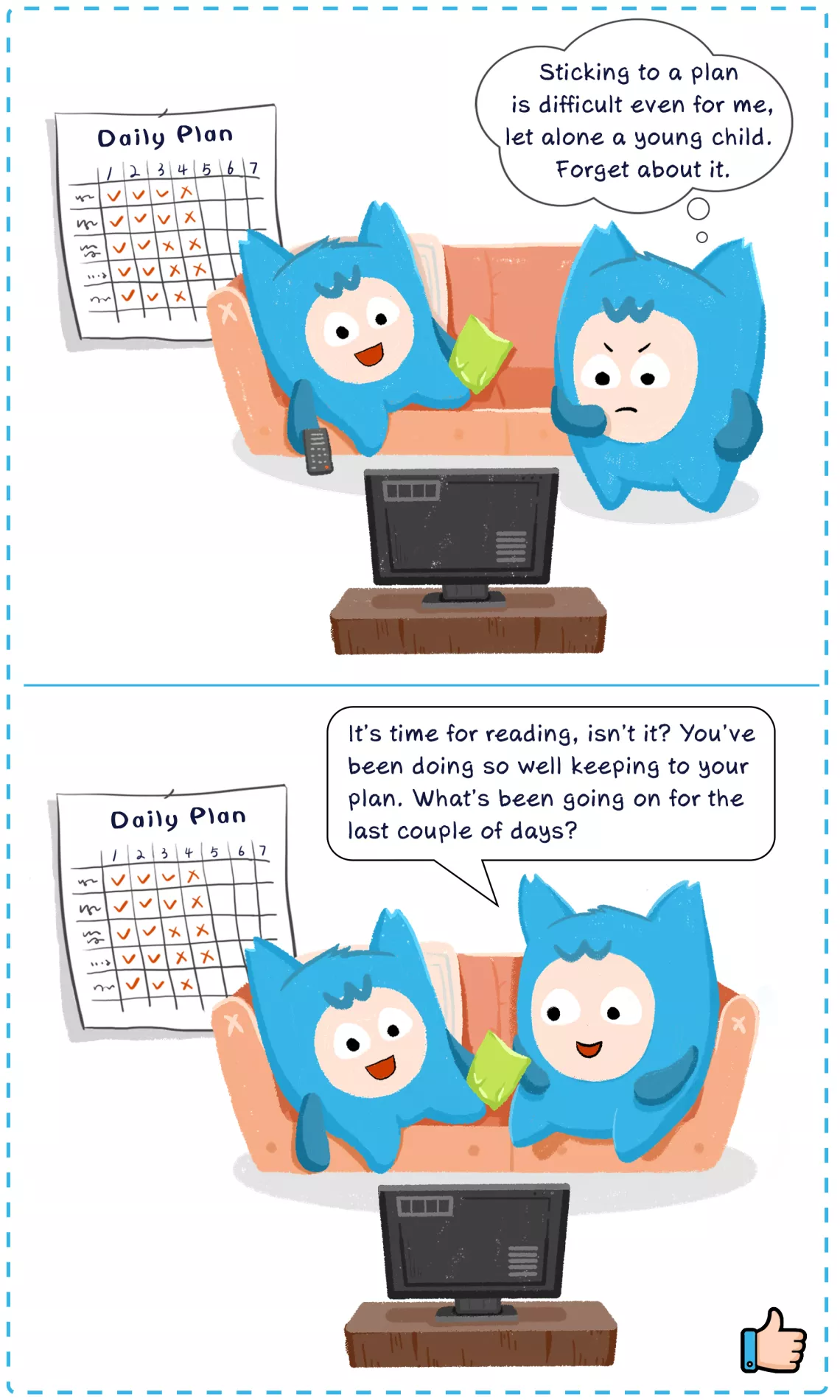
Don’t ignore children’s lack of progress or get frustrated with them. Speak to them about why they are having difficulty following their plan, and try to share your own similar experiences. For example, watching the TV is a distraction, you can share the story of how you didn’t finish your own work because you were distracted by a TV show or sports event. How did you handle the situation and learn from it? For example, maybe you decided to restructure your work plan to schedule time for these activities at the end of the day as a reward for having stuck to your plan.
Your attitude will have a major impact on your child. Children learn by example, so by acknowledging and learning from their mistakes, they can learn to proactively address their setbacks and harness them to improve their plan and adjust it as necessary. Adversities are an integral part of the learning process!
Offer concrete advice, not criticism, and adjust the plan if needed
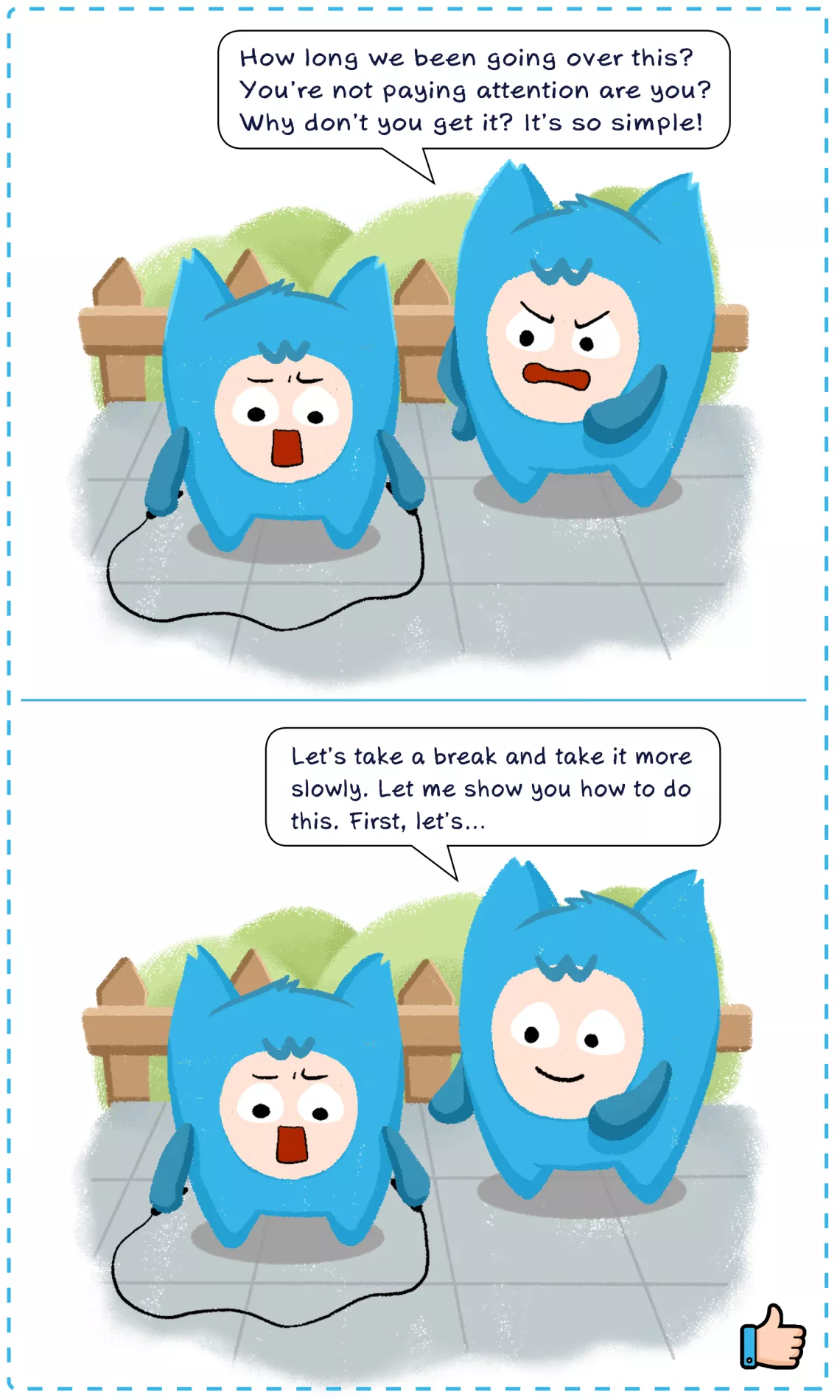
Don't criticize children for failing to follow-through on their plan or for not reaching their goals. Criticism is not a productive motivator, and you want to make this a positive experience for children. Rather than providing vague encouragements like “come on” and “you can work harder”, try to provide positive, constructive suggestions, and help children think through what they could do to better stick to their plan. We all know how easy it can be to procrastinate, especially on the tasks we find hardest. Just like for adults, lack of progress can be overwhelming for children, and can make it intimidating to try to get back on track.
The plan is not set in stone, and finding the right schedule and goals is also a learning process. Talk with children about the issues they are coming up against, and sit together to review their plan: are the goals feasible? Do they need help with their homework? Maybe they could rearrange their schedule to put the hardest task at the beginning of the day, when they are most focused. Work through any adjustments to the plan and goals to help set up children for success.
Focus on effort, not result
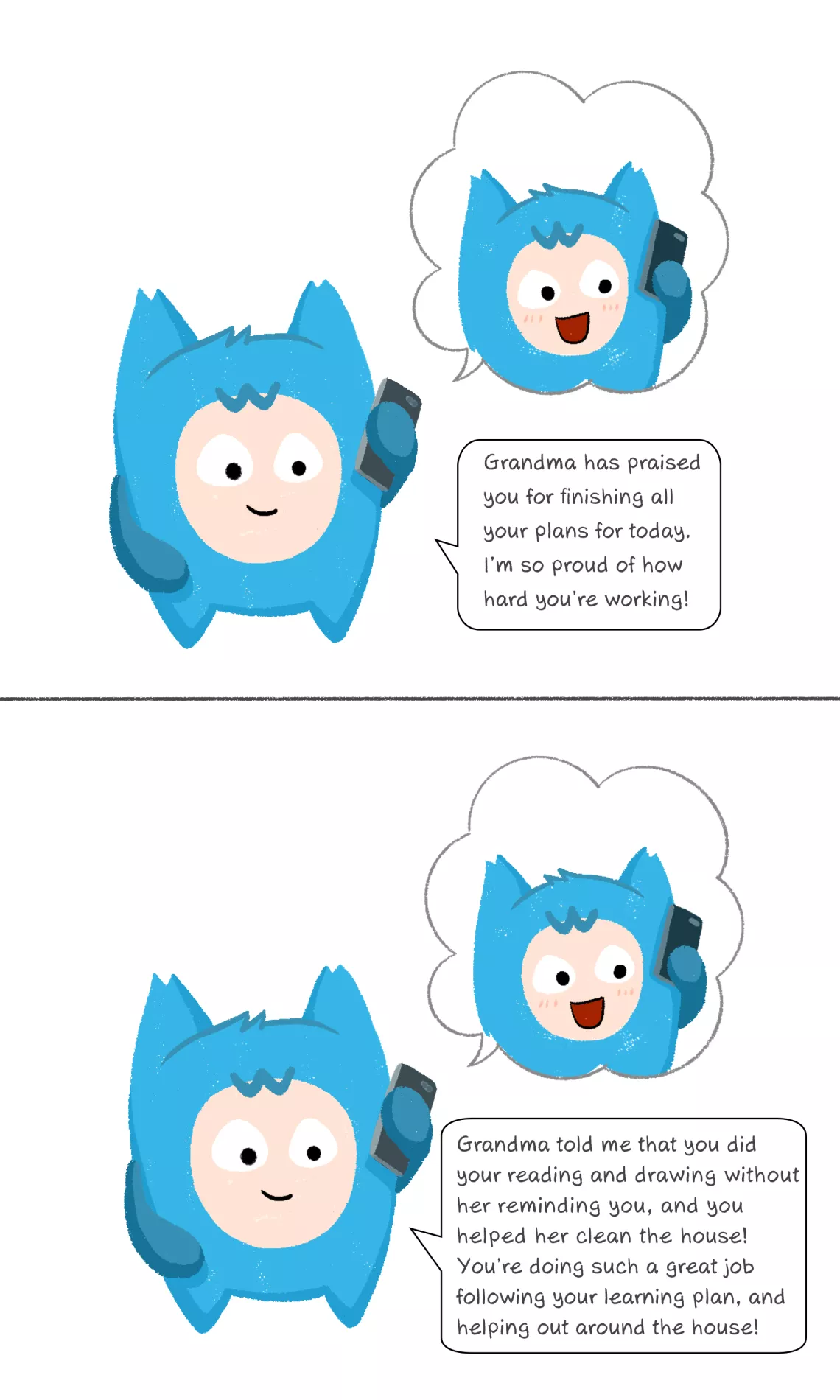
Praise children for their efforts when they stick to their plan. While it is important to applaud results, emphasis should be placed on the amount of effort going into achieve these results, like sticking to the plan, resisting temptation, and asking for help. For example, give them feedback like “you’re working so hard!” instead of “you are so smart”. This is important not only as a motivation to keep working on their plan, but also helps them to realize that hard work can lead to success, and to associate effort with achievement. This is an important life lesson for every child, and can act as a launch pad for future success.
Fixed Mindset VS Growth Mindset
These tips help promote your child’s ability to self-manage, as well to develop their "growth mindset". A "growth mindset" refers to the belief that you can improve and succeed through dedication and hard work. Children with a growth mindset understand that mistakes and failures are part of the learning process and that their abilities can be developed. They believe that challenges are opportunities for development, so they are not afraid of failures or setbacks along the way.
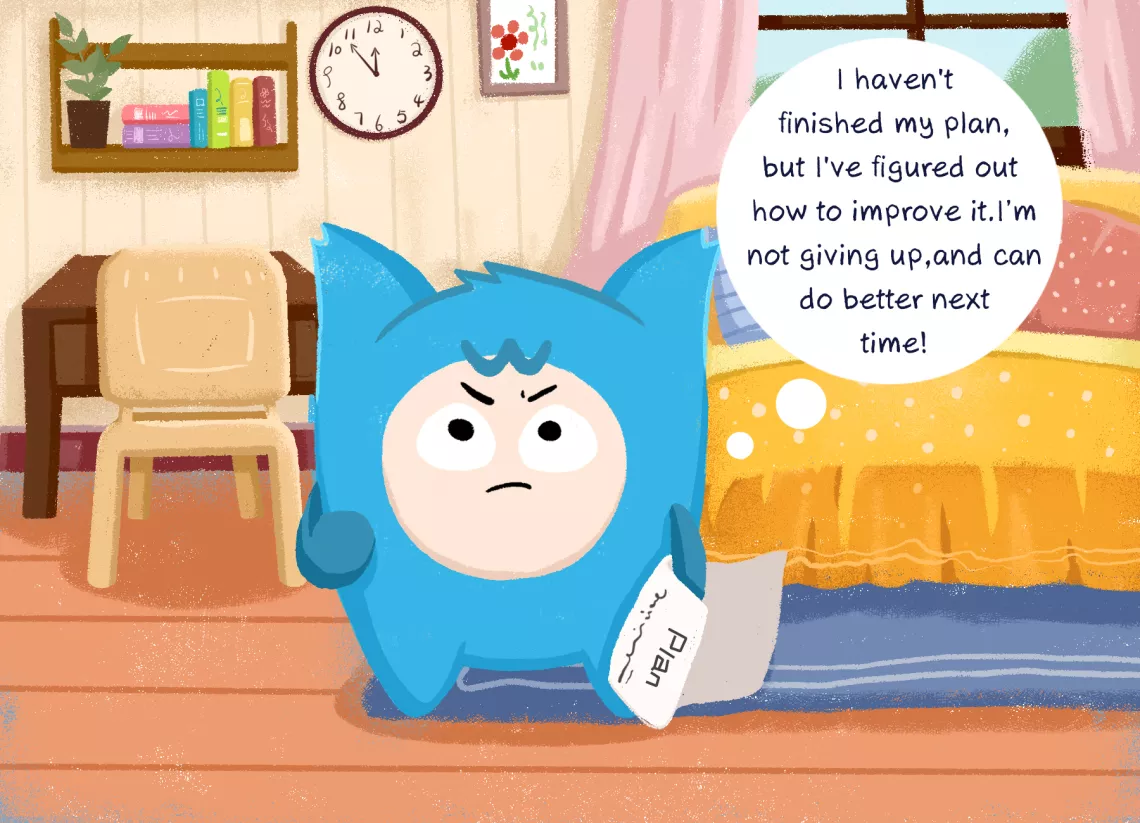
In contrast to a ‘growth mindset’, there is a “fixed mindset”. Children with a fixed mindset believe that their abilities are inborne and cannot be developed; mistakes and failures result from limited capabilities. Out of fear for failure, they tend to avoid doing things that may not come through no matter how hard they try. It is important to nurture a growth mindset, as opposed to a fixed mindset. This has a profound effect on your child’s learning achievement and skills acquisition, and beyond their education, into their personal relationships and future successes.
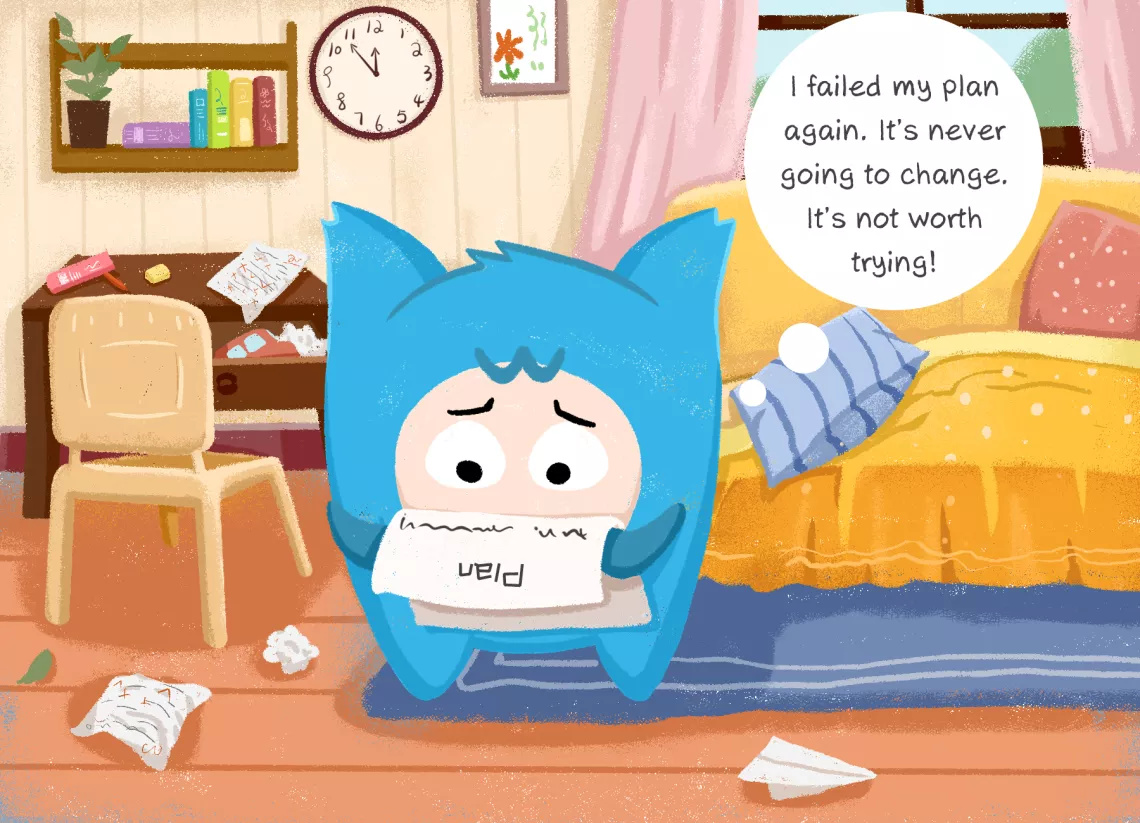
It takes time to develop the growth mindset in children. Mistakes and setbacks are inevitable along the way, and pose a challenge for parents. In their own right, parents have to be equipped with a growth mindset to help build this positive attitude in their children!
The challenges presented by the COVID-19 pandemic to you and your family offer an opportunity to put your own growth mindset into action, and to help you and your family face and learn from these challenges.



